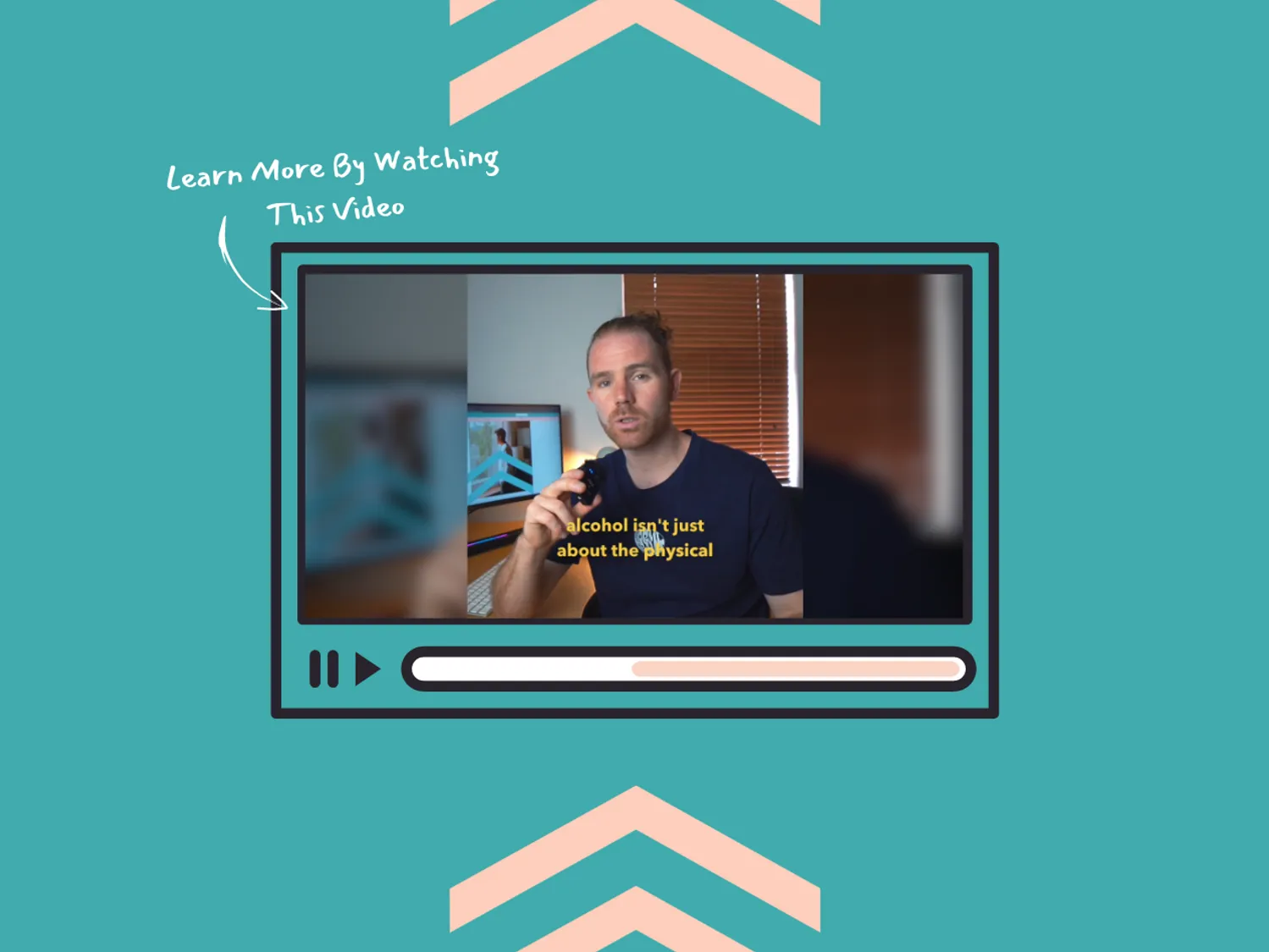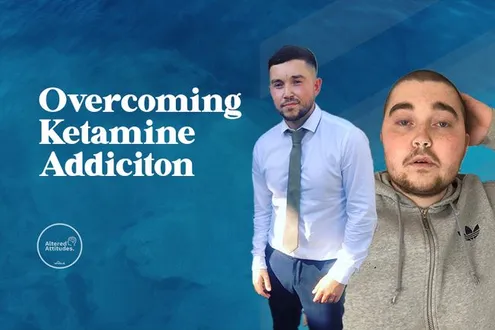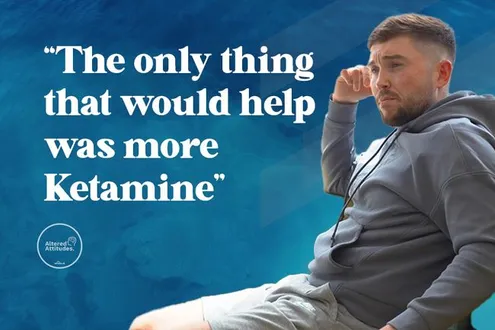Alcohol addiction, also known as alcoholism, is a disease that affects people from all walks of life. The disease causes chemical changes in the brain that affect impulse control. Alcohol addiction can present in a variety of ways. The severity of the disease, the frequency of consumption and the amount of alcohol consumed vary from person to person. Irrespective of the form the addiction takes, someone typically has an alcohol addiction if they rely heavily on alcohol and are unable to moderate their intake. If you or loved one has an addiction to alcohol it is likely a physical dependency has developed.
There are a variety of dangers of alcohol withdrawal and the individual involved may suffer from post acute withdrawal syndrome if the substance is removed without guidance. For those who are dependant, a medical detox is necessary and this can either be done via an alcohol home detox depending on suitability or in a residential rehab.
To find out more about the most effective treatments for alcoholism or how to help someone enter rehab for alcohol addiction reach out to our fully trained Treatment Advisors for a free assessment.


Unlike illicit substances, alcohol is widely available and accepted. Often central to social situations, drinking is part of life for many people. As such, it can often be difficult to tell the difference between someone who enjoys a few drinks and a person with a genuine problem.
Alcoholism is characterised by a strong, often uncontrollable urge to drink. The more you drink, the more your body becomes used to its effects and the more you have to drink to maintain the high. Over time, dependence on alcohol develops and can often spiral into addiction.
Alcoholism usually refers to a physical dependence on alcohol but it can also include a psychological addiction. Being aware of the warning signs of alcohol abuse can help you to recognise if your alcohol consumption, or that of a loved-one, has crossed the line.
Alcoholism is a disease. It causes chemical changes in the brain that affect impulse control. While the severity of the disease varies from person to person, someone typically has an alcohol addiction if they rely heavily on alcohol and are unable to remain sober for an extended period of time.
Alcoholism invariably involves more than just consuming alcohol. While someone can appear to function normally, it doesn’t mean that they don’t have a problem. If their life is being adversely affected and they're unable to reduce or stop drinking on their own, it’s time to address the issue and seek help. It can be challenging to approach someone who suffers from alcohol addiction so its worth speaking to one of our Treatment Advisors for tips on alcohol intervention.
From consuming alcohol to cope with stress or self-medicating to mask mental health problems or trauma, residential rehab provides the opportunity to address the root of the pain that’s encouraging the individual to drink. An alcohol clinic setting boasts qualified and approachable staff trained to deal with alcohol addiction. From medical monitoring throughout the detox and withdrawal process to consistent, round-the-clock care, rehab allows space away from everyday life and creates an environment that focuses on recovery. Invariably, offering a two-pronged approach to treatment, rehab deals with both the physical aspect of addiction and the mindset towards alcohol.
You may be wondering whether yours or your loved ones drinking has become out of control. If any of the following warning signs seem familiar, it may be time to make some changes.
There may be occasions when the individual ended up drinking more than they thought they would or for longer than they'd planned. Keep an eye on the amount of time you or your loved one spends drinking. This isn’t just the time spent consuming alcohol, but also the amount of time it takes to recover.
There may be an increase in tolerance and due to this the craving and consumption of booze to get the same buzz may have grown. Over time, the brain adapts to alcohol and becomes less sensitive to its effects. Alcohol can cause a variety of sleep problems from insomnia to impacting natural sleep and these can be a sign of dependency.
Further to this drinking alcohol may have started to change the individuals behaviour and edge out into activities that they used to enjoy. It may even prevent the individual from keeping up with responsibilities at home, work or school and they may appear as completely unmanageable.
Tension in relationships may also have grown and the individual involved may be engaging in risky behaviour which may be really difficult to understand for those around them. It may have even caused arguments confrontation and threats of relationships ending but they still continue to drink.
When the effects of alcohol wear off, they may experience a range of withdrawal symptoms. Alcohol changes brain chemistry and long term use can increase the likelihood of conditions such as wet brain (Wernicke–Korsakoff syndrome) and depression. When someone drinks over a long period of time, the brain tries to adapt. If that person then stops drinking, the brain has to readjust the chemical imbalance, thereby, creating uncomfortable physical and emotional sensations.
Alcohol consumption can cause a variety of health conditions such as kidney damage, high blood pressure, headaches/ migraines and stomach problems.
If you are concerned about a loved one you may wonder how to spot the signs of alcoholism?
Speak to one of our fully trained Treatment Advisors today for advice and support.










